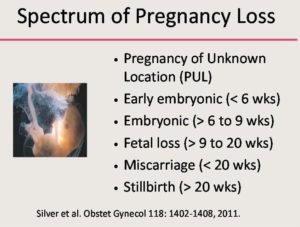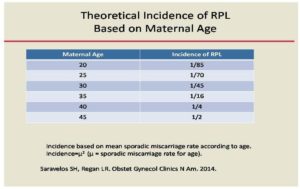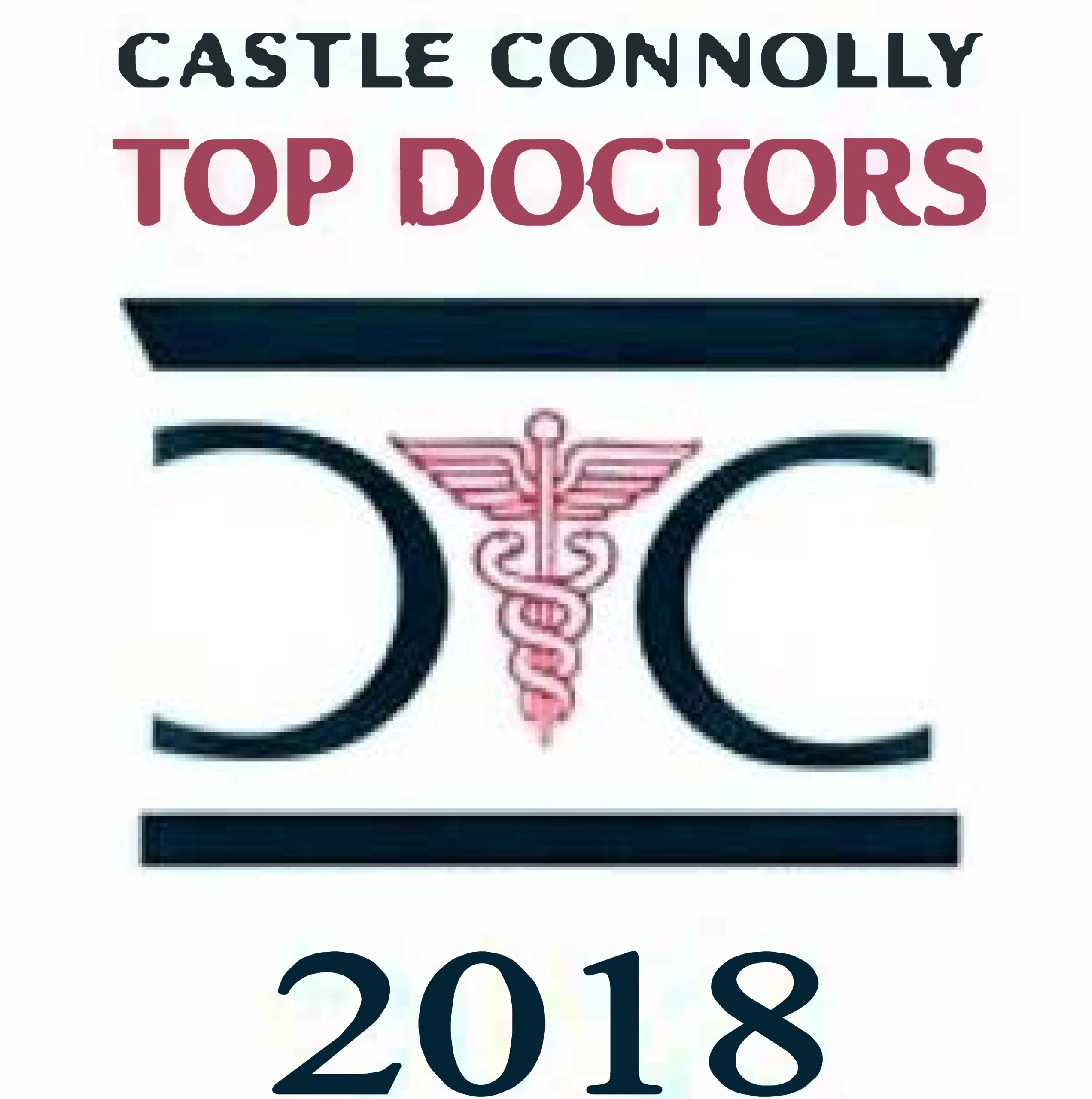DEFINITION OF PREGNANCY LOSS
The American Society for Reproductive Medicine has defined recurrent pregnancy loss (RPL) as “a distinct disorder defined by 2 or more failed clinical pregnancies” For purposes of determining if an evaluation for RPL is appropriate, pregnancy is defined as “a clinical pregnancy documented by ultrasonography or histopathological examination” Ectopic and molar pregnancies are not included. Most clinicians, and all patients, consider a pregnancy loss to be any positive human chorionic gonadotropin (hCG) test that does not result in a live birth. The study from our Recurrent Pregnancy Loss Center on over 1,000 couples published in Fertility and Sterility in 2010 remains the largest study every published on the causes or RPL. This and other studies indicated that the risk of recurrent miscarriage after two successive losses is similar to the risk of miscarriage in women after three successive losses; thus, it is reasonable to start an evaluation after two miscarriages to determine the etiology of their pregnancy losses especially when the woman is older than 35 years of age, or when the couple has had difficulty conceiving.

If the location of an early pregnancy is not known or if the pregnancy is lost very early it is called a “pregnancy of unknown location” (PUL). When a pregnancy is documented by positive hCG tests and is lost before anything is seen on ultrasound it is called a “biochemical pregnancy loss” and indicates that the pregnancy progressed to about 4.5 to 5 weeks.. When a pregnancy is lost after the gestational sac is seen but no fetal structures are observed it is called a “empty gestational sac” and suggests that the pregnancy progressed to about 5 to 5.5 weeks. If the ultrasound shows a fetal pole (the first sign of the baby) and then the pregnancy fails, this is called a “fetal loss”. In some cases a fetal loss occurs after the fetal heart beat is seen. All of these losses occur before 10 gestational weeks.
There are many factors that influence the risk of miscarriage but maternal age is an important one. Similarly, with recurrent pregnancy loss, maternal age is an important factor to consider. The table below reveals the significance of maternal age.









